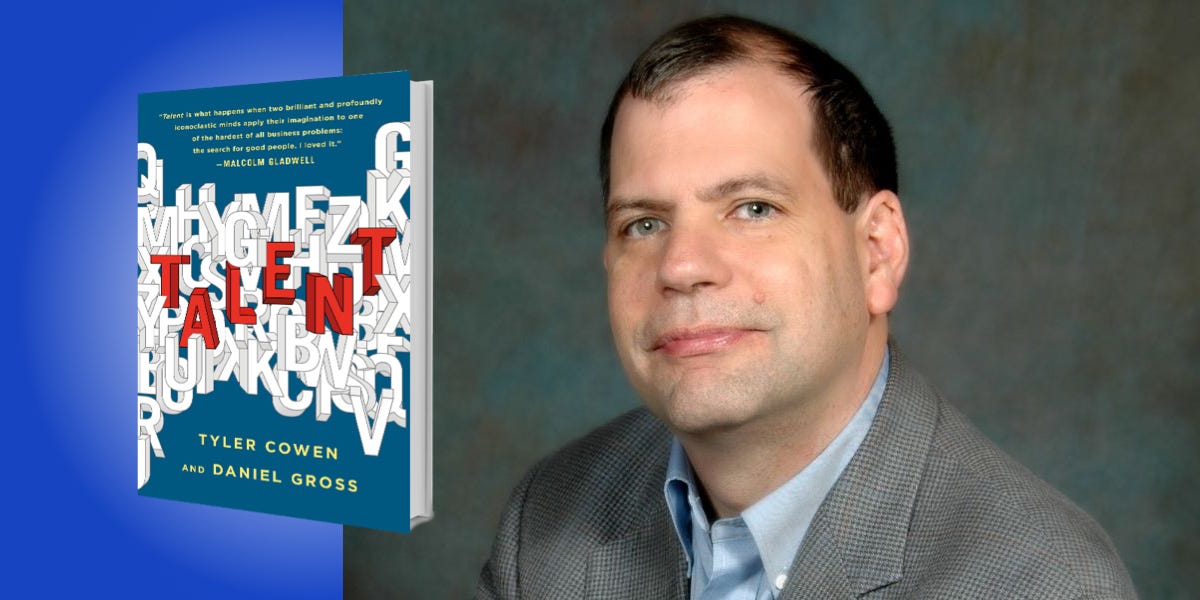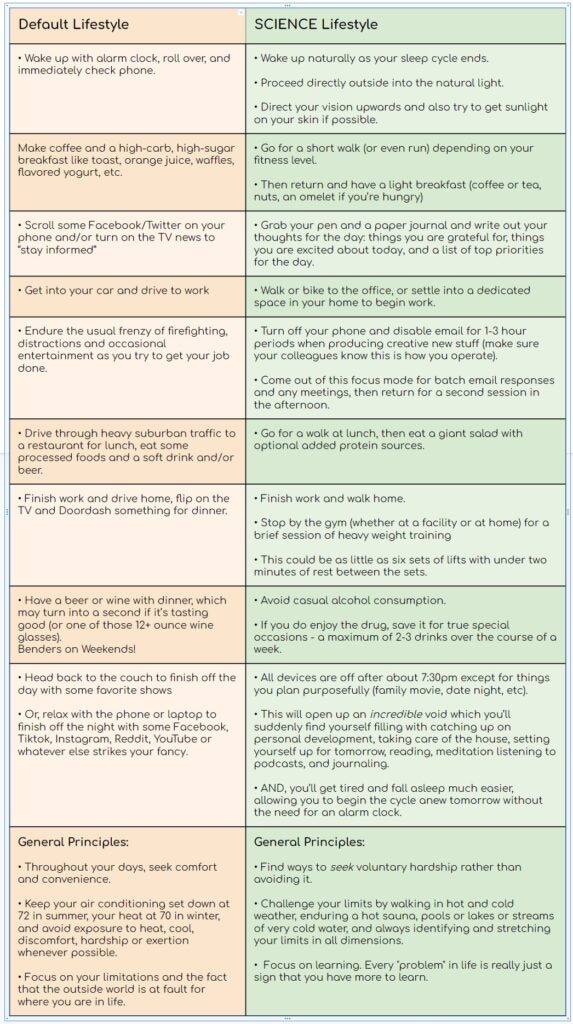Future Work/Life is my newsletter in which I explore ideas focused on the future of work and how to design legendary careers. Every week, I share something I’ve written, a few things I’ve enjoyed reading, and something great to listen to. If you find it interesting, please share it!
What's the most effective strategy for finding the best talent?
Ask this question in most companies nowadays, and often the answer given will be the name of a technology product or hiring platform. While these tools can complement your strategy, they don't make it. They also all come at a high cost.
There is a simpler way.
One which focuses on attracting people rather than 'targeting' them. Yes, it involves technology but only as a method of distribution, not the determinant factor:
Sharing your ideas and point of view.
Hang on, I can you hear thinking. I've read this somewhere before. That’s right, last week, I wrote about how doing things that don't scale allows you the chance to develop your thinking and become an expert. When combined with the scale of the internet, this approach can connect you with new, exciting career opportunities. Well, the same principle applies to those doing the recruiting. After all, when those looking for a new role already understand what a company (and, importantly, the people leading it) stands for, the business has an advantage.
There are a couple of reasons I'm so obsessed with the 'best talent' question at the moment:
As the economy becomes more challenging, people who make an impact are an even greater asset. That's why it’s consistently a top talking point in my conversations with business leaders.
I've recently read Tyler Cowen and Daniel Gross' excellent new book, Talent: How to Identify Energizers, Creatives, and Winners Around the World, which includes insights into how to identify and assess who to hire.
To be clear, I'm referring today to a subset of the broader talent market, the people Cowen describes as:
"People with a creative spark who can produce ideas that make a difference."
Inbound talent scouting:
Cowen has proven a master at being a magnet for this kind of individual for his work at Emergent Ventures, "a fellowship and grant program that seeks to support entrepreneurs and brilliant minds with highly scalable, "zero to one" ideas for meaningfully improving society." In this case, Cowen and his team aren't just looking for smart people destined for greatness. They're searching for those with potential but without an obvious pathway to opportunities.
As Biomedical venture capitalist Tony Kulesa wrote about this approach:
"Tyler promotes the opportunity in such a way that the talent level of the application pool is extraordinarily high and the people who apply are uniquely earnest. . . . Tyler is famous for his eclectic and hyper-cerebral content, which he distributes through a curated set of media channels tailored to the talent he searches for. He co-writes the widely read economics blog Marginal Revolution (~1M monthly readers according to SimilarWeb), he has 186K twitter followers, he hosts the podcast "Conversations with Tyler," and appears on podcasts from Tim Ferriss, Eric Weinstein, and Shane Parrish."
Tyler's readers convert into applicants because they understand how he thinks and want to be part of an entrepreneurial programme he leads - they’re attracted by his point of view on the world.
This is another example of how doing things that initially don't seem scalable – e.g. starting a blog/newsletter, or podcast, or YouTube channel consumed by very few people – can ultimately reach the 'right' people by leveraging the reach of the internet. All of this takes time and consistency, of course, but when the end result is the option of hiring the right people, then why wouldn't you prioritise it?
So, to break it down, here are the three key steps to building a system for attracting the best talent.
Refining your point of view (POV) – what's the vision for your business, and where are you moving customers from and to?
Strategy for sharing ideas – who in the company's best placed to communicate this POV, via which channels and how frequently?
Human-focused assessment – how can you determine whether the person you're hiring is aligned with creating the future you want to see and motivated to help you succeed?
I'll be returning to that last step in this newsletter over the next few weeks, including how unconventional interview questions can improve your decision-making and why downtime preferences can be more revealing about potential than work history.
For now, thanks for reading and have a lovely weekend,
Ollie
My book, Work/Life Flywheel: Harness the work revolution and reimagine your career without fear, will be published on 17th January 2023. You can pre-order your copy HERE.
The Listening:
Listen to Tyler Cowen discussing Talent with Russ Roberts HERE. They cover why, for high-level positions, unstructured interviews are important, why stamina is usually preferable to grit, and why credentials are largely a relic of the past.
The Reading:
Proof, if you needed it, from The FT that it’s still a “battle to hire the best.” The key message from this story is that all is not equal in the market and that there are certain industries in which there’s a growing skills shortage. Including jobs that many companies didn’t require for the mass digitalisation accelerated by Covid and remote work trends, such as automation and cyber security.
I’ve quoted Stanford’s Andrew Huberman here a few times. He hosts an excellent podcast focused on neuro-science and science-based tools for improving performance in work and life. In this article, Mr Money Mustache summarises what he learned from spending 70 hours watching Huberman’s content. This is gold!
A must-read for anyone wrestling with the hybrid question from Leesman - their new report on ‘Purposeful Presence’ focuses on three cyclical stages:
Conscious decision-making
The power of connection and Hotelification
Reflection







